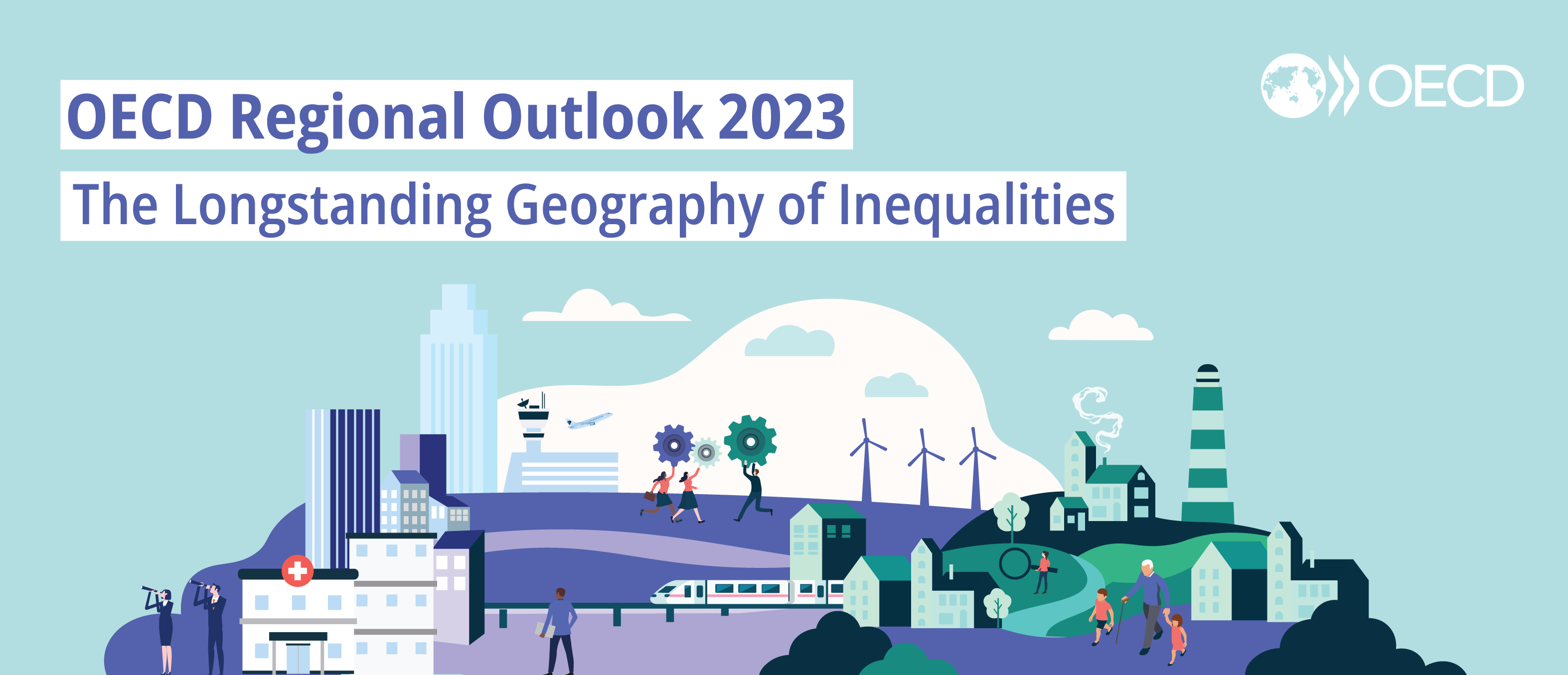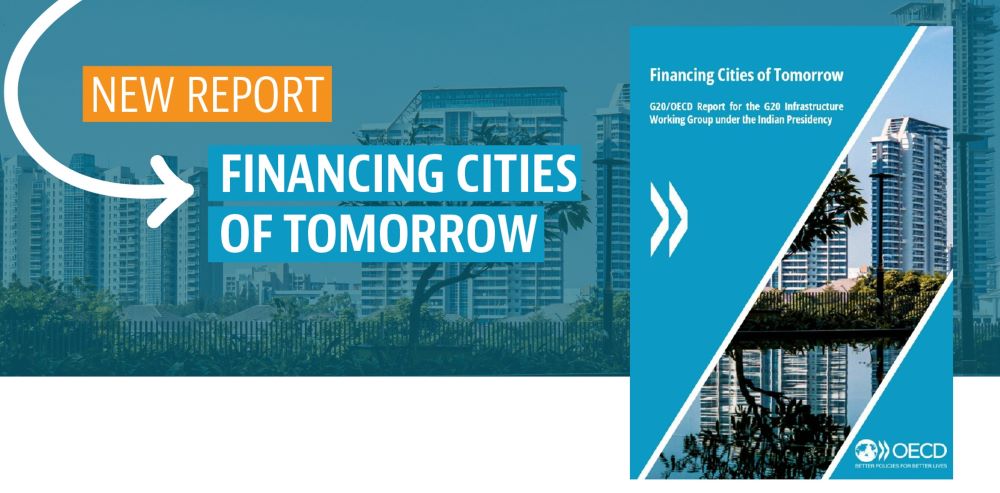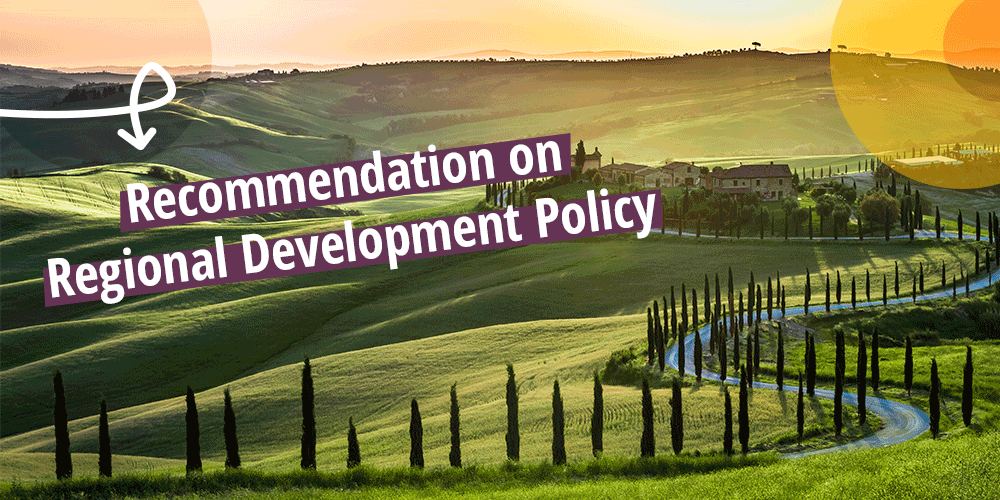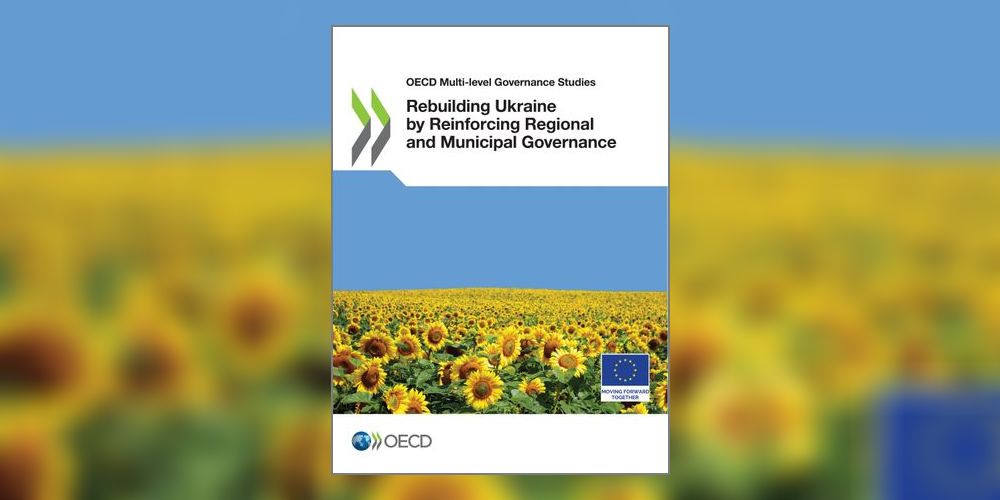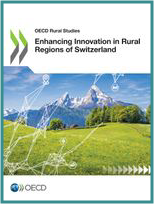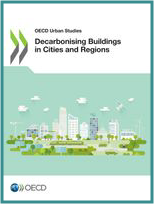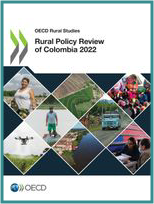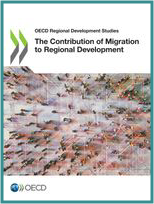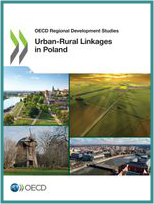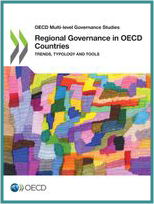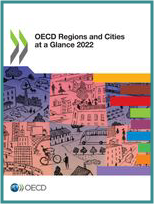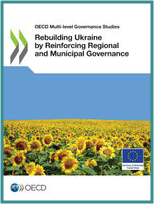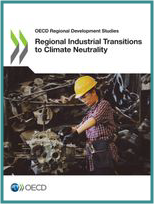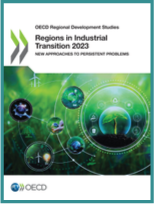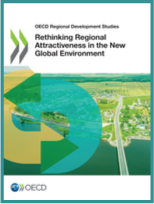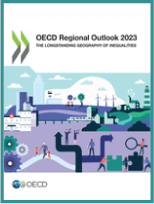Regional, rural and urban development
Our goal is making all regions more equitable, inclusive and resilient. How? By putting well-being and living standards at the core of our place-based approach to policy and economic activity.
Regional development policy - what why and how?
Disparities exist worldwide between countries – but also across regions within countries. Quality regional development policy - or place-based policy is essential for inclusive economic growth, well-being, environmental sustainability and resilience.
Place-based policies take into account the specificities of the different types of region within a country. Regions, cities and rural areas - and their differences - play a crucial role in the adaptation to megatrends (climate change, digitalisation, demographic shifts, globalisation) and their highly asymmetric impacts within OECD countries.
The OECD's Regional Development Policy Committee(RDPC) designs and implements effective place-based policies to improve living standards and well-being for citizens across all regions, cities, and rural areas.
Workstreams
Areas of work
Digitalisation & innovation
Innovation diffusion
Broad-based innovation policy
Spatial productivity
Rural innovation
Cities & innovation
Videos
Demographic change
Regional Outlook 2023
Regional Development Policy
Regional Development Policy Committee
Established in 1999, the OECD Regional Development Policy Committee (RDPC) designs and implements effective place-based policies to improve living standards and well-being for citizens across all regions, cities, and rural areas. It provides internationally comparable subnational data to inform global debates on policy, finance, and governance.
The Committee meets twice yearly with relevant ministries and organizations to develop a vision of place-based, multi-level, and multi-sectoral regional development policy. Since its creation, the Committee has informed many global debates and is a leading forum for high-level policymakers.
Latest publications
Blogs
Unlocking the potential of Indigenous knowledge in mining regions: Circular economy
Will AI undo decentralisation?
The return of the tourists: Regions rethinking attractiveness and sustainability
Tempting talent: Enhancing the attractiveness of non-metropolitan regions
Rising from the rubble: How Turkish regions can rebuild and recover
La crise des déchets à paris et l’économie circulaire
Never waste a good waste crisis: Paris and the circular economy
Industrial regions on the way to climate neutrality?
Are rates hikes raising regional inequality?
When finance doesn't follow function: Unfunded mandates and their impact on the economic growth
When the white gold thaws
Thinking about new year resolutions...thinking about rural futures
